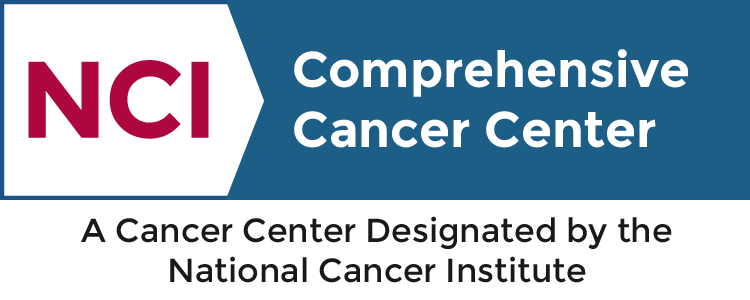A protein called Rictor is hyper-produced by many lung cancer cells. Rictor is a key component of a protein assembly called mTORC2 that regulates several important cellular functions. These include the internal structure of the cell, the speed of cell proliferation, and whether cells live or die when faced with challenging environments. The high levels of Rictor in lung cancer cells make them less likely to die when targeted with chemotherapy and more likely to migrate and spread to other organs. Conversely, inhibiting mTORC2 slows down cell growth and limits spread. This would appear to be a good approach to treating lung cancer. However, existing inhibitors of mTORC2 are toxic to non-tumor cells because they also inhibit a sister protein complex called mTORC1, which has other important functions in the cell. Through the support of the Shmunis Family Innovation Award in Cancer Therapeutics, Rogala aims to overcome this obstacle by developing new experimental drugs that specifically target Rictor and therefore inhibit mTORC2 while sparing mTORC1. Rogala will test compounds in a library of small molecules to identify ones that specifically bind Rictor. He will then fuse Rictor-binding compounds with a degrader molecule that will break down Rictor, thus creating a Rictor-specific inhibitor. In the future, these compounds could be developed into lung cancer drugs.
Research
Funding Opportunities
Shmunis Family Innovation Awards in Cancer Therapeutics Awardee
October 2023


